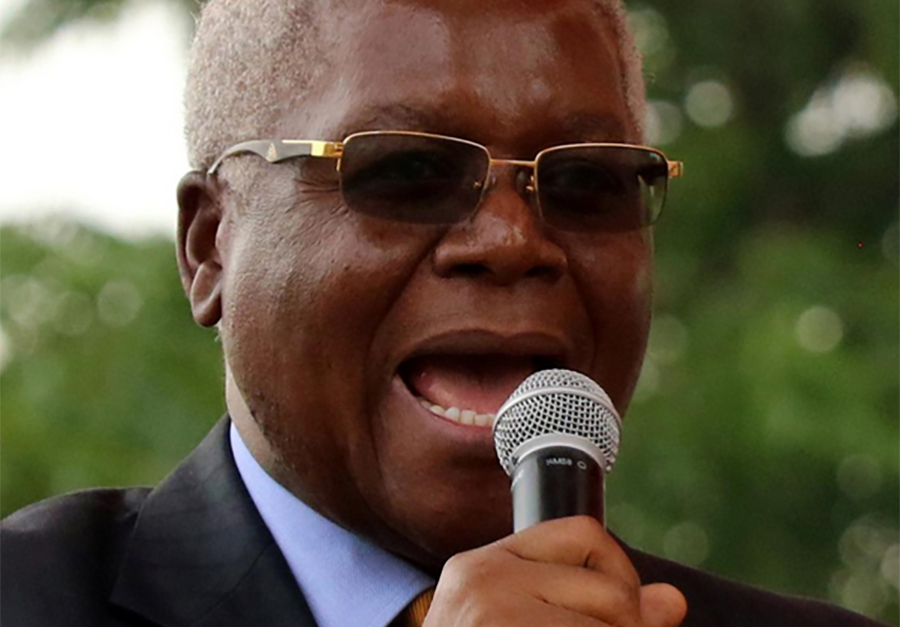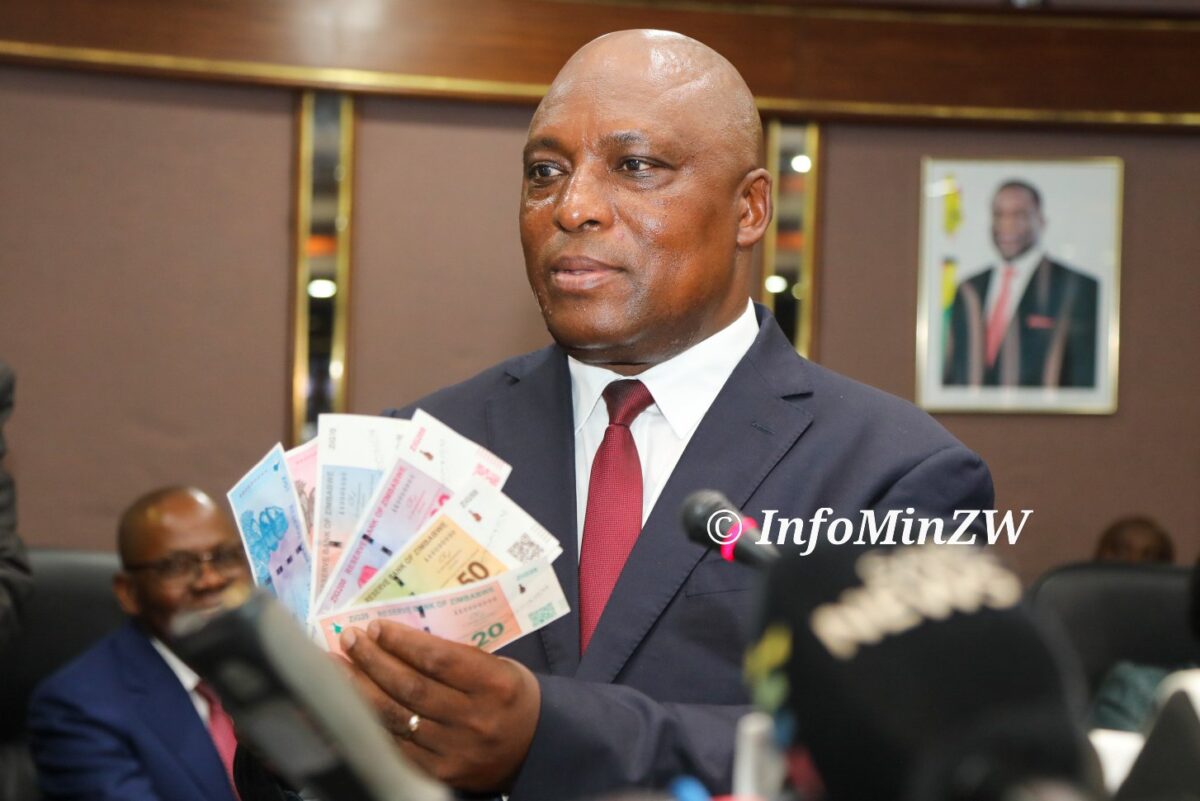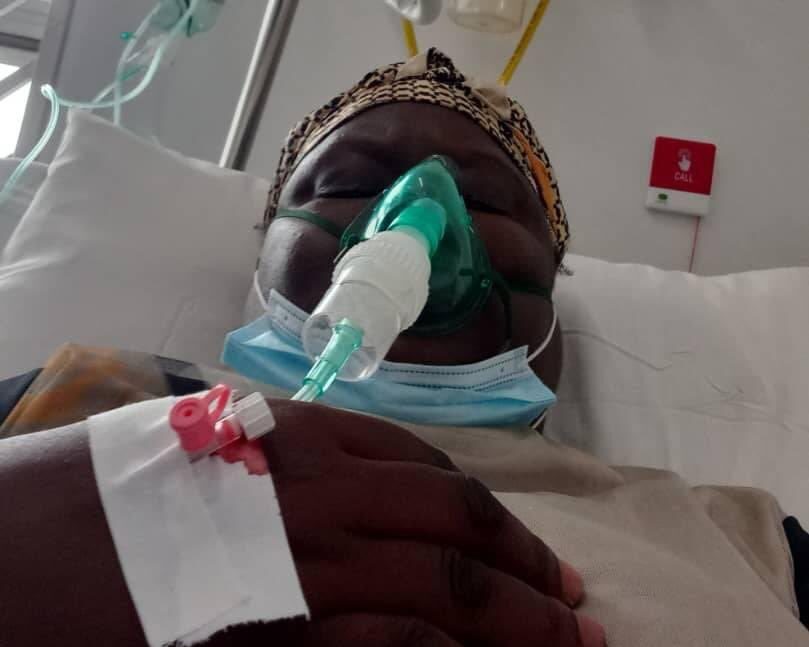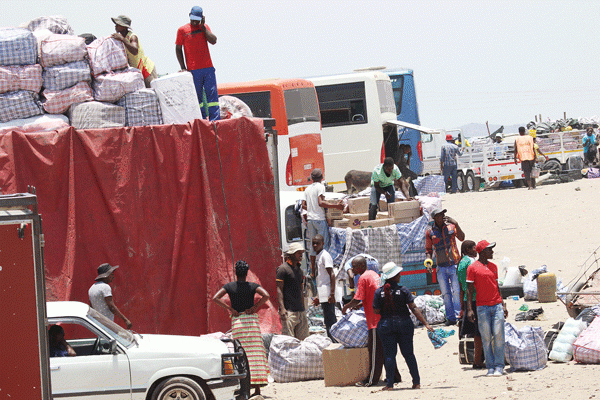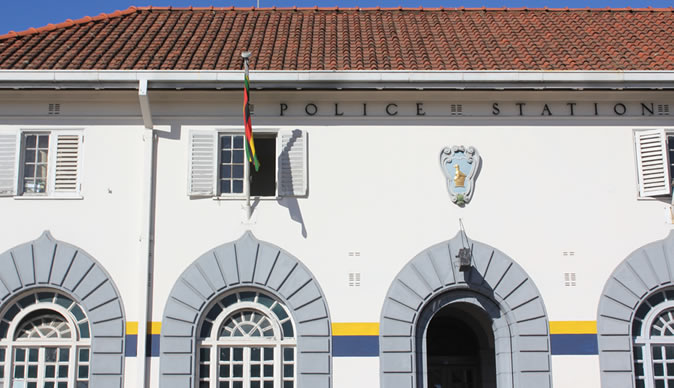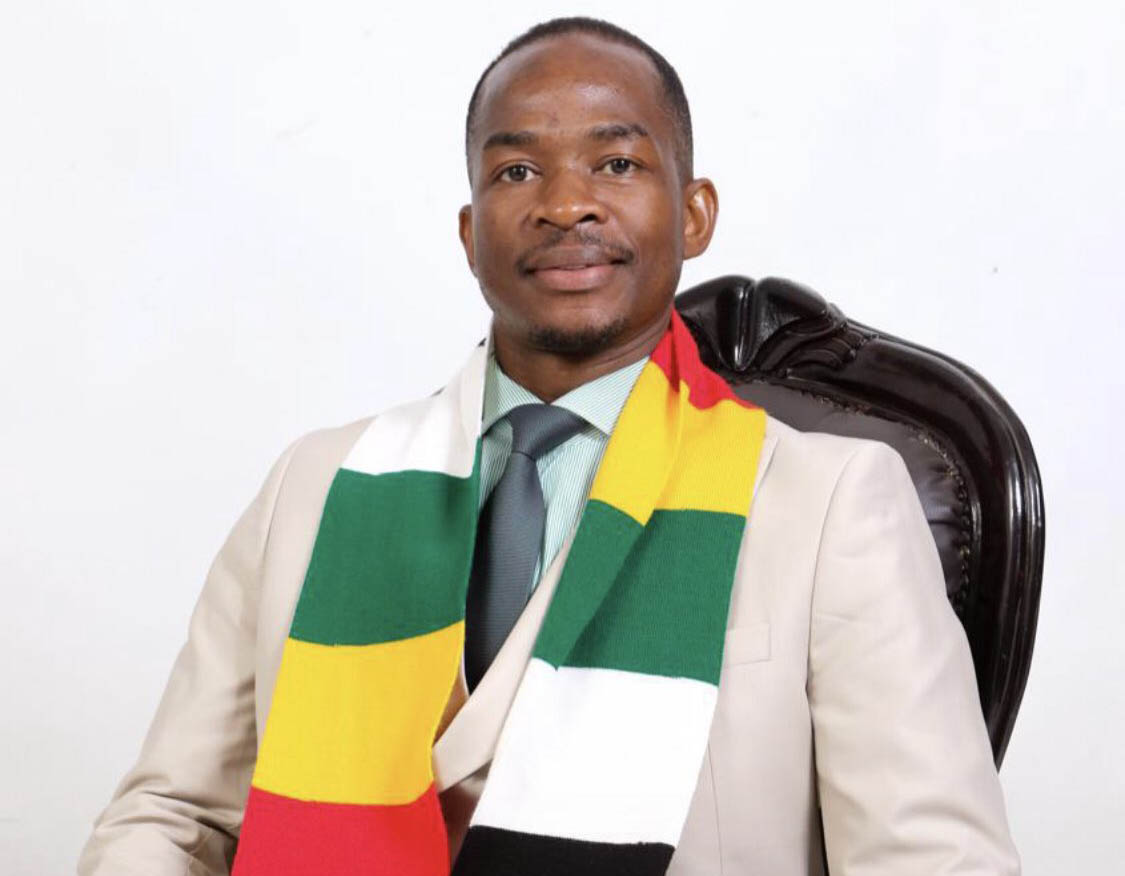HARARE – With a military coup well underway in November 2017, commandos stormed the plush Mt Pleasant home of finance minister Ignatius Chombo and seized him as he slept with his wife.
For nine days, he was held at a secret location, blindfolded and repeatedly beaten. Then, with Robert Mugabe firmly ousted as president, Chombo’s captors dumped him back at his home. His freedom was short-lived, however, as he was promptly arrested by regular police in a choreographed move.
The junta regime led by new president Emmerson Mnangagwa had seized power claiming to be targeting “criminals surrounding Mugabe”, and Chombo was portrayed as the poster boy of the criminal gang as he was taken to court facing three counts of corruption, including trying to defraud the central bank in 2004 while he was local government minister.
Chombo took the matter up to the Constitutional Court, challenging his unlawful “arrest” by the military men and his prosecution was stayed by the top court which ruled that his rights had been violated.
Chombo was re-arrested – this time facing the bizarre crime of wearing Zanu PF regalia after he had been expelled by the party. So determined was the regime to keep Chombo in its sights that in May 2019 he was removed from a South Africa-bound plane and his passport – which had been temporarily released by a court for him to seek treatment – was seized by state security agents.
Two weeks ago, prosecutors – perhaps out of personal embarrassment – voluntarily balked at taking the matter to trial, and Chombo was removed from remand.
The regime still had one card up its sleeve, however. Chombo had been arrested a third time facing one count of fraud and five counts of criminal abuse of office over land allocations made while he was local government minister. He argued that the charges were a political conspiracy, and he was facing victor’s justice.
On Tuesday, his trial on those six charges should have got underway in Harare – more than three years after he was arrested. Like the other two cases before, however, his prosecution collapsed before magistrate Stanford Mambanje.
Prosecutor Lancelot Mutsokoti admitted that the National Prosecuting Authority (NPA) had no “sufficient evidence” to go to trial, and Mambanje ordered Chombo freed. The magistrate advised the NPA to proceed by way of summons – if ever it stumbles on incriminating evidence.
The NPA had accused Chombo of irregularly allocating himself 125 housing stands and also opening a bank account where housing cooperatives deposited cash.
Chombo’s lawyers argued there was no complainant in the matter and denied the referenced bank account belonged to him. Chombo also said the state had failed to provide the quantum of the prejudice suffered by the state in the alleged crimes from 15 years ago.
The collapse of Chombo’s trials will be a major embarrassment for Mnangagwa, who took power promising to crack down on corruption but is now accused of surrounding himself with corrupt cartels while paying lip service to the plunder of the country’s mineral wealth, in particular.

